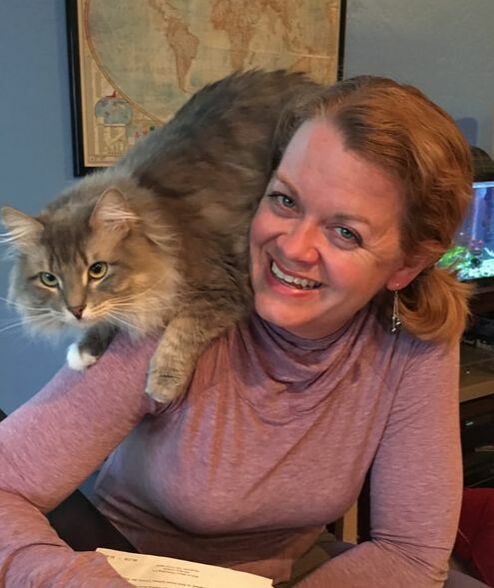ASSAY: A JOURNAL OF NONFICTION STUDIES
5.2
5.2
|
Writing Health and Disability is an upper-level undergraduate elective offered by the Department of Writing and Rhetoric at the University of Rhode Island (URI) that attracts a wide range of students, with clusters from the pharmacy program, health studies, and the writing and rhetoric major, as well as students who have disabilities or have experienced significant health issues. The course catalog explains that the course “[e]xplores the ways we experience, label, and politicize health and disability in our culture. Writing may include narratives, cultural critiques, persuasive essays, and policy proposals.” While other teachers have approached the course in a variety of ways, I taught the class through problem-based writing assignments; I presented students with health and disability-related “problems” they then attempted to find solutions to through their own research and writing.
URI’s Writing and Rhetoric Department is separate from the English Department, and its course offerings reflect this institutional separation of rhetoric and composition from the broader English studies umbrella. For example, URI’s general education courses are often titled “Writing X,” (e.g., Writing Culture [see White-Farnham 2012] and Writing Health and Disability). Those familiar with English courses can sometimes misinterpret “Writing X” classes as “Writing about X” classes, in which students might write analytical essays about texts or topics relating to health and disability. “Writing X” classes, by contrast, focus on the production of texts within that topic or field rather than on analysis of texts. The course titles reflect the departmental emphasis on providing students opportunities to use research and rhetorical strategies to craft texts that create meaning and information in a wide range of genres directed toward a wide variety of (real or imagined) audiences. I developed my version of Writing Health and Disability as a way to combat students’ perceptions of general education writing courses, which as David Chapman (2002) explains, students often see as more of an “obstacle” than an “opportunity” (259). I wanted to create the sense of opportunity. As I was crafting the course syllabus I was a URI Teaching Fellow, an institutional experience that led me to apply the concept of Problem-Based Learning, or PBL, to assignments. I’d read an article about PBL by two of my former colleagues (Pennell and Miles, 2009), but I had never experienced PBL until a class simulation in Teaching Fellows. Playing the role of student in that simulation of a PBL class was inspiring and exciting. We read through the “messy” problem (“messy” is good in the world of PBL) and worked in a small group to discuss and find a path to a solution. Each group worked as if a real person’s life actually depended on it; we were still talking about it over dinner after the meeting. I wanted to bring the excitement and sense of purpose I felt in that simulation into the new course I was preparing. I began with the thought that all writing assignments are essentially problems for students to solve anyway, so why not frame it that way through narratives that could help students feel invested and responsible.
|
|
Kim Hensley Owens is Associate Professor of English and Director of the University Writing Program at Northern Arizona University. Her scholarship focuses on rhetorical agency, embodied rhetorics, and pedagogy. Her book, Writing Childbirth: Women’s Rhetorical Agency in Labor and Online (Southern Illinois UP, 2015) examines how pregnant and birthing women’s rhetorical agency is constructed, thwarted, and/or regained. Her other publications include chapters in various edited collections and articles in College English, Composition Studies, Computers and Composition, Enculturation, JAC, Pedagogy, Present Tense, Rhetoric Review, and Written Communication. She lives in Flagstaff, AZ with her husband, two kids, and three cats.
|

